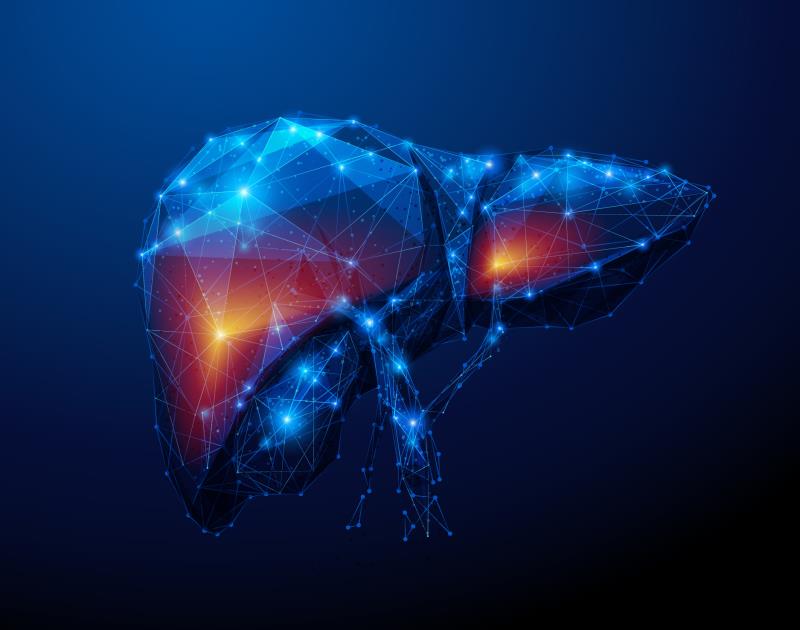
Genetic variants associated with colorectal cancer (CRC) appear to strongly predict early-onset more than late-onset malignancies, a new study has shown.
Researchers calculated the weighted polygenic risk score (PRS) to assess the risk of developing CRC in 12,197 participants aged <50 years, and in 95,865 participants aged ≥50 years. Single nucleotide polymorphisms known to be associated with CRC were used for PRS calculation. Findings were replicated in a separate cohort of 72,573 participants.
Each standard deviation (SD) increase in PRS score was correlated with CRC risk, and more strongly in participants <50 years of age (pinteraction=0.01).
For example, the highest vs lowest quartile of PRS increased the risk of late-onset CRC by almost threefold (odds ratio [OR], 2.92, 95 percent confidence interval [CI], 2.80–3.04) while the risk almost quadrupled for early-onset CRC (OR, 3.73, 95 percent CI, 3.28–4.24).
This trend remained consistent even when stratifying according to family history. In those without first-degree exposures, high PRS was more strongly correlated with early-onset (OR, 4.26, 95 percent CI, 3.61–5.01) than late-onset (OR, 2.85, 95 percent CI, 2.70–3.00) CRC. The same was true for participants with first-degree exposures.
The findings were also replicated in the independent cohort. Overall, each SD increase in PRS had a stronger effect on CRC in those aged <50 years (hazard ratio [HR], 1.73, 95 percent CI, 1.17–2.56) than in their older counterparts (HR, 1.43, 95 percent CI, 1.34–1.51).